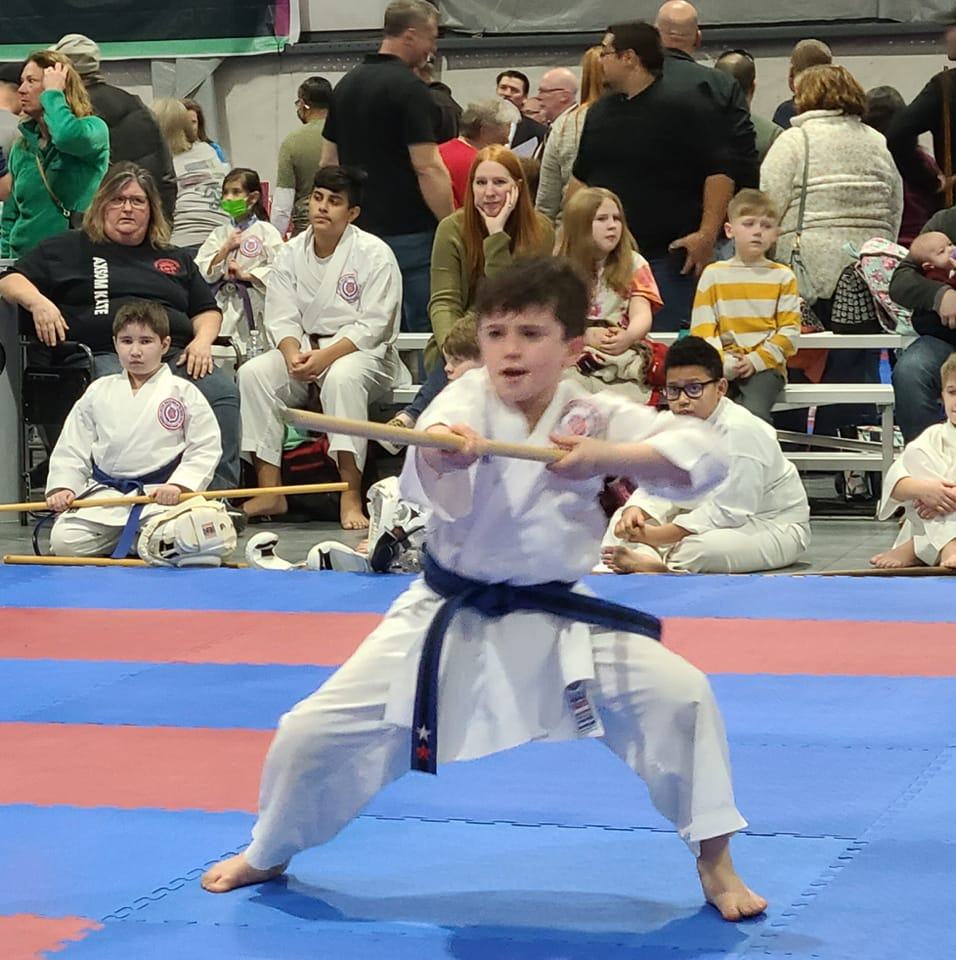Hard work is a vital ingredient in the recipe for success, regardless of the field. In the realm of martial arts, dedication and effort are paramount to achieving progress and mastery. For young people, in particular, the benefits of engaging in martial arts go far beyond physical prowess. Here’s how hard work in martial arts can truly empower young individuals:
1. Building a Strong Foundation:
Martial arts provide a structured environment where young people can develop essential life skills. Through diligent practice, they learn valuable lessons in:
- Discipline: Martial arts instill a sense of self-discipline, encouraging young individuals to set goals, push themselves beyond comfort zones, and persevere through challenges.
- Respect: Martial arts emphasize respect for oneself, fellow practitioners, instructors, and traditions. This fosters a sense of community and belonging, while promoting social and emotional intelligence.
- Self-Control: Martial arts cultivate self-control and emotional awareness. Young people learn to manage their emotions in challenging situations, fostering a sense of inner peace and resilience.
- Focus: Martial arts require sharp focus and concentration. Through dedicated practice, young individuals develop the ability to concentrate on tasks, improve their attention spans, and enhance their learning abilities.
2. Fostering Physical and Mental Wellbeing:
Martial arts training offers a plethora of physical benefits, such as:
- Enhanced Fitness: Regular practice improves strength, flexibility, cardiovascular health, coordination, and balance.
- Stress Reduction: Physical activity releases endorphins, natural mood boosters that combat stress and anxiety, promoting overall mental well-being.
- Improved Body Awareness: Martial arts enhance proprioception, the ability to sense and control one’s body in space. This leads to better coordination, agility, and overall physical confidence.
- Self-Defense Skills: Learning self-defense techniques builds confidence and empowers young people to protect themselves in potentially threatening situations.
3. Building a Growth Mindset:
Martial arts encourage a growth mindset, where challenges are seen as opportunities for learning and improvement. Young individuals learn to embrace mistakes as stepping stones to success, fostering a resilient and optimistic approach to life.
4. Cultivating Social Skills:
Martial arts provide a platform for social interaction and teamwork, where young people can:
- Build Relationships: Training alongside others fosters friendships, teamwork, and a sense of belonging.
- Develop Communication Skills: Learning from instructors and interacting with peers improves communication skills and confidence in social settings.
- Promote Leadership: Martial arts provide opportunities for young individuals to take on leadership roles, developing responsibility, communication, and problem-solving skills.
5. Setting Goals and Achieving Success:
Martial arts offer a structured environment where young people can set achievable goals and track their progress. This fosters a sense of accomplishment and motivates them to strive for excellence in all aspects of life.
In conclusion, martial arts provide a unique platform for young individuals to develop essential life skills, physical fitness, and mental resilience. Through hard work and dedication, they learn to overcome challenges, build confidence, and achieve their full potential.
Parents and mentors can play a crucial role in encouraging young people to embrace hard work in martial arts. By providing support, celebrating their achievements, and fostering a positive learning environment, they can empower young individuals to become confident, successful, and well-rounded individuals.
Remember, the journey of martial arts is a marathon, not a sprint. By embracing hard work and perseverance, young individuals can reap the countless benefits this discipline offers and become true champions on and off the mat.

















